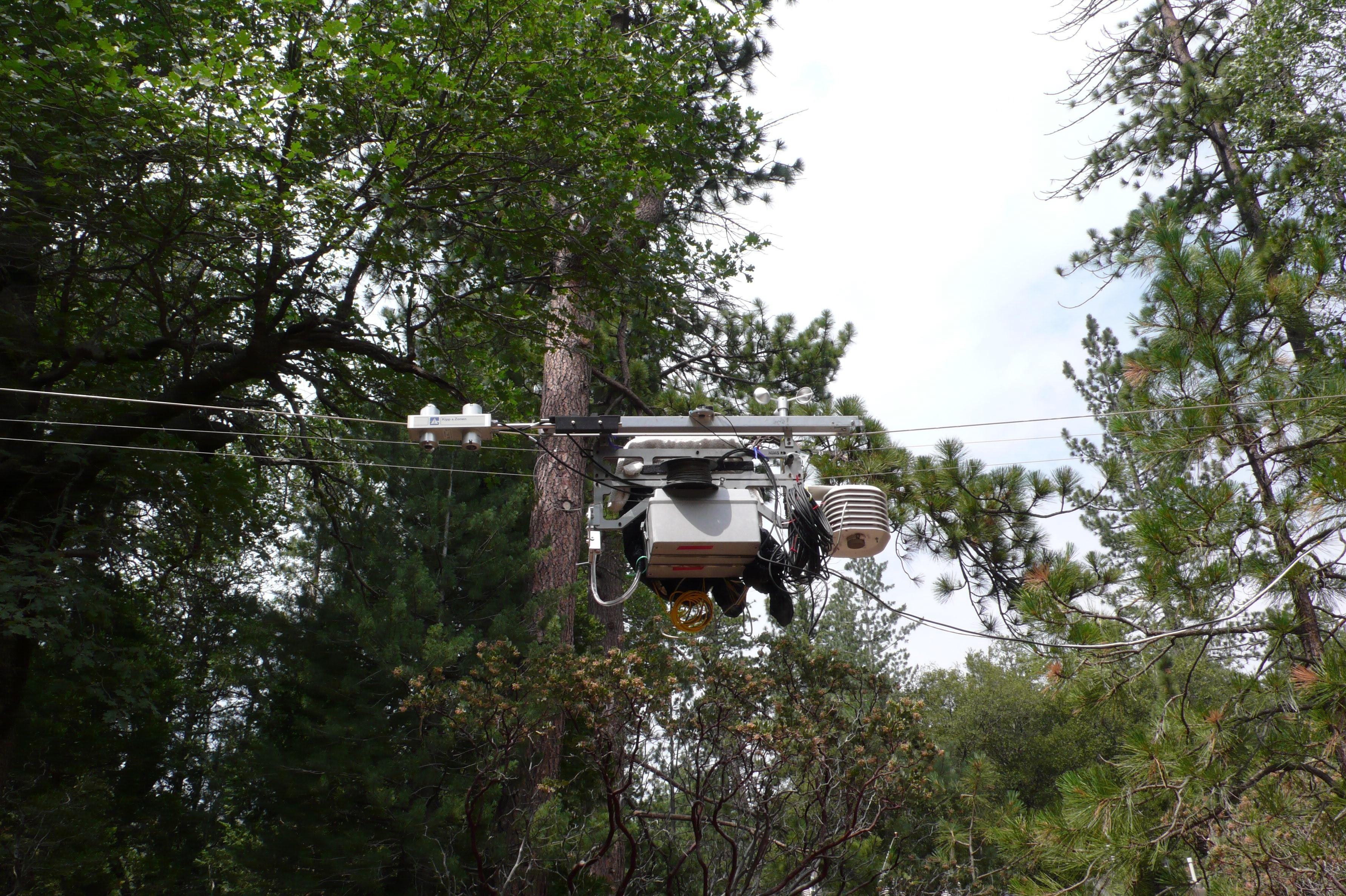
Congratulations to Prof Jennifer Gabrys who has received a Consolidator Grant worth €1,996,004 for her project “Smart Forests: Transforming Environments into Social-Political Technologies”
The European Research Council has announced the winners of its latest Consolidator Grant competition, which is part of the Horizon 2020 research and innovation programme. Out of nearly 2,500 applications, 301 top scientists and scholars across Europe have been awarded grants, which together total €600 million.
The ERC Consolidator Grants are awarded to outstanding researchers with a scientific track record showing great promise. The funding is provided for up to five years with the aim of consolidating the grantees' teams and helping them to bridge the gap between pioneering research and early phases of commercialisation.
“With this substantial and prestigious award from the ERC, our research group will have an exceptional opportunity to investigate the digital transformation of environments,” Prof Gabrys said.
“The Smart Forests research project will attend to crucial questions about the social-political dynamics and new modes of governance that technologies for responding to environmental change can create, while working to ensure more equitable engagements with these processes.”
The Smart Forests Project
Forests are crucial to acting on environmental change. They are key contributors to the carbon cycle and biodiversity, as well as air and water quality. At the same time, digital technologies are reshaping forests in order to manage and enhance their environmental contributions. However, these new technologies are generating social-political impacts that have yet to be extensively researched.
For the first time, this groundbreaking project addresses the vital question of how forests are becoming “smart” through the increasing use of digital technologies to manage these environments. Smart forests span locations from Germany to New York City to Thailand, and from remote to urban areas. While there is now extensive research on smart cities, other “smart” environments have been less well studied.
This is problematic, since it is necessary to assess how these technologies enable and constrain particular modes of governance and engagement. Without this research, smart environments such as smart forests run the risk of producing social-political inequities and undemocratic governance, as has been identified with smart cities.
Using inventive digital practices, fieldwork, participatory workshops and mapping, the research will investigate the transformation of forests and forest communities through digital technologies. Through 5 case studies, the project will analyze the ways in which forest technologies are transforming practices of observing, mitigating, participating in, and regulating environmental change. SmartForests asks not just how digital technologies are remaking forests, but also investigates how forests become social-political technologies for addressing environmental change.
Situated at the intersection of science and technology studies (STS) and digital media studies, the research will demonstrate how these technologies impact socio-ecological relations, and will propose more equitable approaches to digital and environmental practice and policy.
Read more on the Smart Forests website.
About the ERC
The European Research Council, set up by the European Union in 2007, is the premiere European funding organisation for excellent frontier research. Every year, it selects and funds the very best, creative researchers of any nationality and age, to run projects based in Europe.
Find out more about the ERC awards:
https://erc.europa.eu/news/erc-awards-over-600-million-euro-europes-top-researchers




